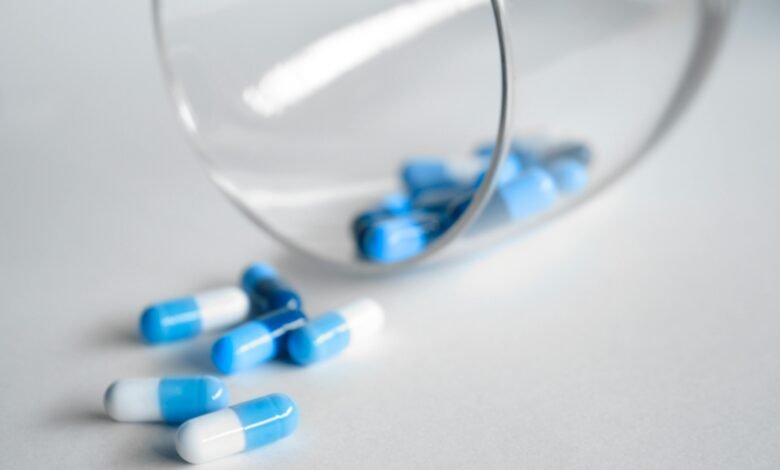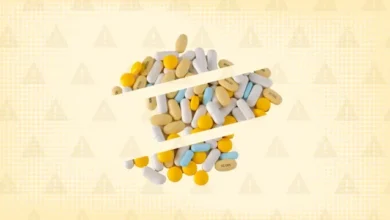How Do Pharmaceutical Companies Keep Us Safe

Pharmaceutical companies are essential to the preservation of public health and safety because they create produce and distribute medications and vaccines. Understanding how these companies operate is vital to maintaining safety standards and maintaining customers faith and trust.
1. Research and Development
The commitment of pharmaceutical corporations to research and development (R&D) goes beyond the identification and creation of novel drugs and vaccines. In order to strengthen medication delivery systems meet unmet medical requirements and improve current treatments they also invest in cutting-edge technology and approaches. Partnerships with government agencies, academic institutions and research groups enhance the R&D environment and promote scientific development and knowledge sharing. Furthermore ethical and regulatory compliance are important aspects of the R&D process that guarantee pharmaceutical goods adhere to ethical standards in clinical research and meet strict requirements. Overall pharmaceutical companies commitment to advancing healthcare and improving patient outcomes is shown by their unwavering pursuit of innovation and scientific excellence in research and development.
2. Regulatory Compliance
Throughout developing new drugs and producing finished products pharmaceutical businesses invest a significant amount of money in staying in compliance with regulations. This calls for copious documentation stringent quality control procedures and frequent inspections to guarantee compliance with legal requirements. In addition continuous pharmacovigilance efforts are made to keep an eye on the effectiveness and safety of pharmaceutical goods after they have been approved for sale and any unfavourable outcomes are quickly reported to the relevant regulatory bodies. Adherence to rules not only helps pharmaceutical businesses avoid legal financial entanglements but also builds confidence and trust between patients healthcare providers. Additionally regulatory compliance initiatives support the ongoing enhancement of pharmaceutical production processes which eventually improves public health outcomes.
3. Quality Control Measures
To guarantee the uniformity potency and purity of pharmaceutical products quality control procedures are crucial. This stringent procedure entails keeping an eye on raw materials manufacturing sites and final products in order to identify and address any deviations from quality requirements quickly. Establishing thorough quality control procedures is essential for maintaining public trust regulatory compliance and product integrity. Utilizing cutting edge technologies like pharma ERP software simplifies and automates these procedures improving traceability accuracy and efficiency all the way through the manufacturing process. Pharmaceutical firms may offer safe and effective medicines that satisfy the highest standards of quality and reliability by seamlessly incorporating quality control systems into their operations.
4. Pharmacovigilance
Pharmacovigilance comprises a variety of actions intended to assess the safety profile of pharmaceutical products during their lifecycle in addition to tracking adverse drug responses. This entails carrying out post marketing monitoring studies evaluating the risk-benefit profile of pharmaceuticals in diverse patient populations examining real world data. Pharmaceutical businesses work together with healthcare institutions and regulatory bodies to exchange safety information put risk reduction plans in action when necessary. Additionally more complex pharmacovigilance techniques such as predictive modelling and signal detection algorithms have made possible by developments in artificial intelligence and data analytics. These techniques improve the early identification of safety signals and enable proactive risk management. Pharmaceutical businesses show their dedication to patient safety and regulatory compliance while advancing the ongoing improvement of healthcare outcomes by placing a high priority on pharmacovigilance.
5. Continued Monitoring and Improvement
Pharmaceutical companies maintain their dedication to patient safety and efficacy even after a medication receives approval and is put on the market by conducting careful post-market surveillance and research. Companies are able to quickly detect and resolve any new safety concerns or efficacy issues that may surface time because of this continuous monitoring which guarantees that patients receive drugs that adhere to the strictest safety and efficacy requirements. In addition pharmaceutical companies work closely with regulatory bodies and medical experts to exchange safety data risk mitigation plans into action and carry out post market research to assess how well their products work in actual patient situations. Pharmaceutical businesses exhibit their unshakable focus on improving patient care and optimising therapeutic outcomes by placing a high priority on ongoing monitoring and improvement.
Conclusion
Pharmaceutical companies are essential to public health because they enforce stringent safety standards follow regulations and conduct continuous product safety monitoring. These businesses prioritize patient safety and ensure that medications fulfill the strictest safety and effectiveness requirements by participating with regulatory agencies conducting post-market monitoring studies and engaging in ongoing pharmacovigilance efforts.By upholding these responsibilities pharmaceutical companies improve society as a whole and foster trust in the healthcare system.




